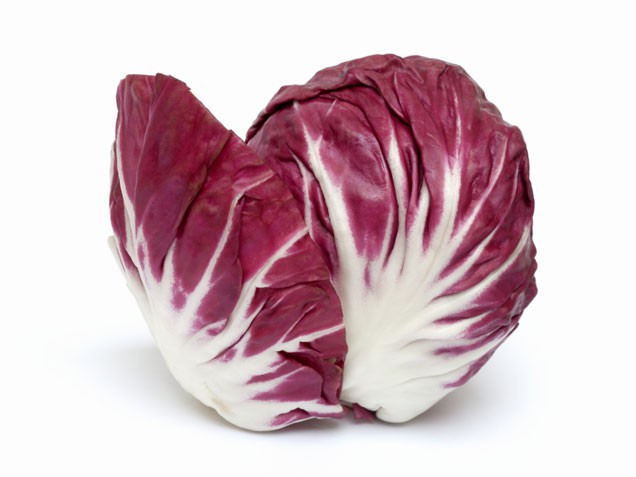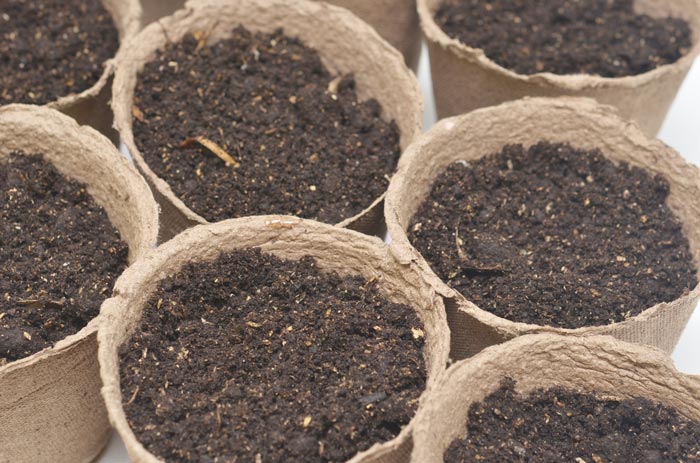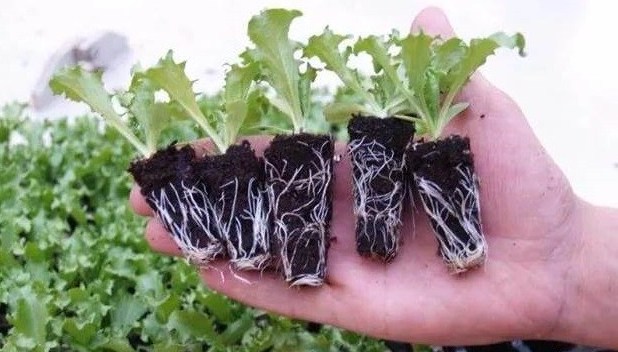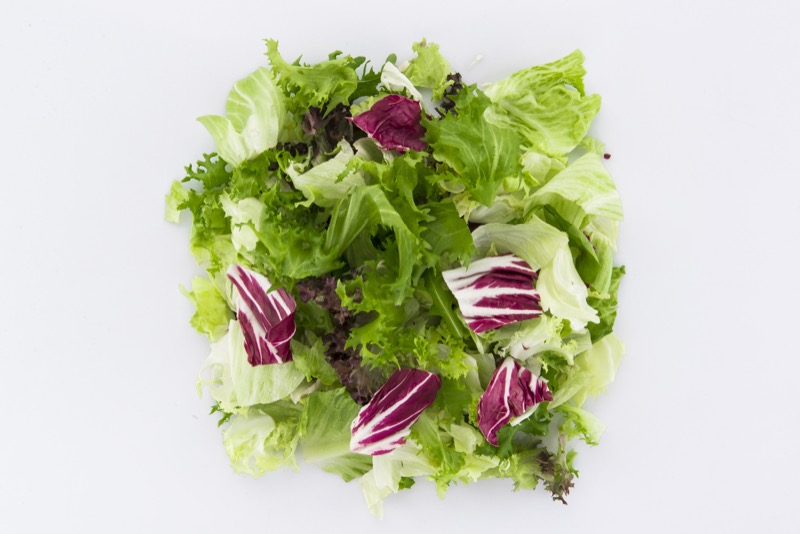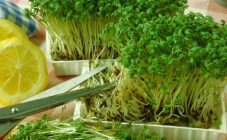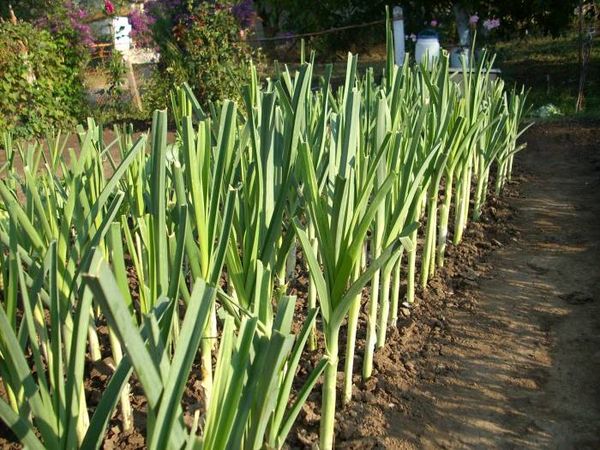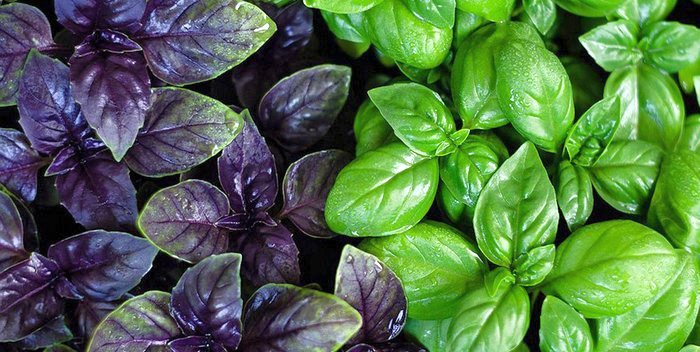Content:
Chicory is not only drunk but eaten. Radicio is a type of cykorny salad that belongs to the Asteraceae family. The plant has a long history dating back to medieval Belgium. Radicio salad is very popular in modern Italy, several dozen varieties are cultivated by gardeners in this country. The translation of the word Radicio from Italian into Russian means chicory or greenery. In the province of Treviso, fairs and festivals dedicated to the plant are held annually. Domestic gardeners have just begun to look closely at this species.
Radicio, what is it? Vegetable or fruit, grass or shrub? Few summer residents know how, but many want to grow this type of salad on their site. In this article, you will get acquainted with the methods and features of growing Radicio lettuce in your country house, learn the agricultural technology, soil requirements and plant growth conditions.
Radicio, or tsikorny salad, or Italian chicory has bright, burgundy heads with characteristic white veins, which visually distinguish the tsikory salad from red cabbage. Both vegetables contain anthocyanins, powerful antioxidants that give the characteristic color. Heads of cabbage are smaller in size, sometimes they have an elongated shape. The weight of the salad reaches 600 grams. In our country, the following varieties and hybrids are most often found: "Giove F1", "Rafaello F1", "Leonardo F1" "Dietetic", "Palo Rossa"
Growing Radicio salad is a process that is interesting for its result. As a result, you get a very useful, unusual and rare vegetable with a characteristic bitterness, which has a classic salad taste. Italian chicory can be grown as seedlings or as seeds outdoors. This is a biennial plant, but in central Russia it is grown as an annual.
Soil for sowing seeds in open ground
Chicory salads love open spaces with drained soil. This property of the salad must be taken into account when choosing a place for culture. Avoid acidic and clayey soils. The optimum acidity is 6-7.2 Rn.
If you decide to master a new place for planting salad, then start preparatory work in the fall and continue in the spring. In the fall, dig an area onto the bayonet of a shovel. Remove weeds, large stones and finally level the soil with a rake. In poor soils, add 3-5 kg compost per square meter, or general fertilizer, as recommended. Lighten heavy soil by adding sand and sawdust. In the spring, before planting the seeds, dig up the area and in parallel add ammonium nitrate at the rate of 10-15 grams per square meter.
Sowing
Sowing seeds begins in April and ends in July.Want to have fresh vegetables all season long? Sow at intervals of 2-3 weeks. Form the beds on the plot prepared in the fall. Use a rope to mark even furrows. Plant the seeds in a continuous line to a depth of 1 cm, sprinkling in the furrow with an interval of 15-20 cm. Seeds can be planted more often. Then in the summer, after the emergence of seedlings, they will need to be thinned out. The distance between the furrows is at least 20 cm. With this seeding pattern, you are guaranteed to get a lush salad. Cover the grooves with earth, tamp lightly and water.
Care
After 15-17 days, the seeds will begin to germinate and seedlings will appear. After reaching two centimeters in height, the seedlings must be thinned out.
During the entire growing season, which, in the middle lane, lasts 55-75 days, it is advisable to weed the bed. If you do not want to regularly weed, mulch the soil, which will also reduce the need for watering, and limit the possibility of developing dangerous rot. Watch for regular watering. Radicio is picky about moisture. Watering should be frequent, but not deep. If you water a little, you will get a very bitter vegetable. Overflow - rot will appear. Conclusion: the soil should be moist, but not flooded.
To grow heads of lettuce that are bright, dark raspberry or purple in color, cover them from the sun and freeze them slightly if harvesting in the fall.
Growing Radicio lettuce using seedlings
The root system of the lettuce is tender and easily damaged. Therefore, it is better and more convenient to grow salad seedlings in peat pots or cubes. In this case, trauma to the root system will be minimal, and in the future it will be possible to avoid the laborious process of thinning the lettuce in the garden. One seed - in one peat pot. As the seedlings appear, transfer the seedlings to a cool room with a temperature of 12-15 degrees during the day and 8-10 degrees at night.
When growing lettuce seedlings in a greenhouse, start sowing seeds in late February - early March. The main criterion is that the temperature inside the greenhouse does not fall below -10C, and the place is darkened enough. In this case, the salad will not bloom ahead of time. After the formation of the first leaves, thin out so that 5-10 cm remain between the plants. The seedlings are considered ready for planting when 4-6 well-developed leaves appear on the plant. This usually happens 30-40 days after sowing. In late May - early June, seedlings of Radicio lettuce are transferred to open ground. When transplanting, it is important not to ruin the seedlings, it has a delicate root system. The distance between the seedlings is 25-30 cm. The row spacing is 30 cm.
Diseases and pests
Due to the short growing season, the plant does not have many pests and diseases. This type of cicory salad has one useful property: it can easily tolerate attacks of parasites. But he is afraid of snails, fluffy mold, anthracosis, botrytis, rust. To avoid such a misfortune, watch the soil. The soil must be clean and free of stagnant water.
Harvesting and storage
After two months from the moment of planting, when you can see that the head has become well closed, you can harvest the salad. Use a pitchfork or shovel for convenience. You can store cut salad for three weeks at home in the refrigerator, pre-packed in a bag so that moisture is not lost.
Benefit for health
Radicio salad is unusually rich in vitamins and trace elements, and the calorie content of the salad is only 20 calories per 100 grams. It is especially worth paying attention to the high content of antioxidants in lettuce leaves, which protect the cells of the body from free radicals. Radicio is useful for the processes of hematopoiesis, has a positive effect on the activity of the pancreas and thyroid glands. With regular use of the vegetable, your hair will be lush and strong, and your skin will be healthy.
It can be a natural garnish for meat or fish. Simply bake it on a skewer or on a grill rack, spread with a mixture of olive oil and balsamic vinegar. When baked, the bitterness from the salad partially disappears.
